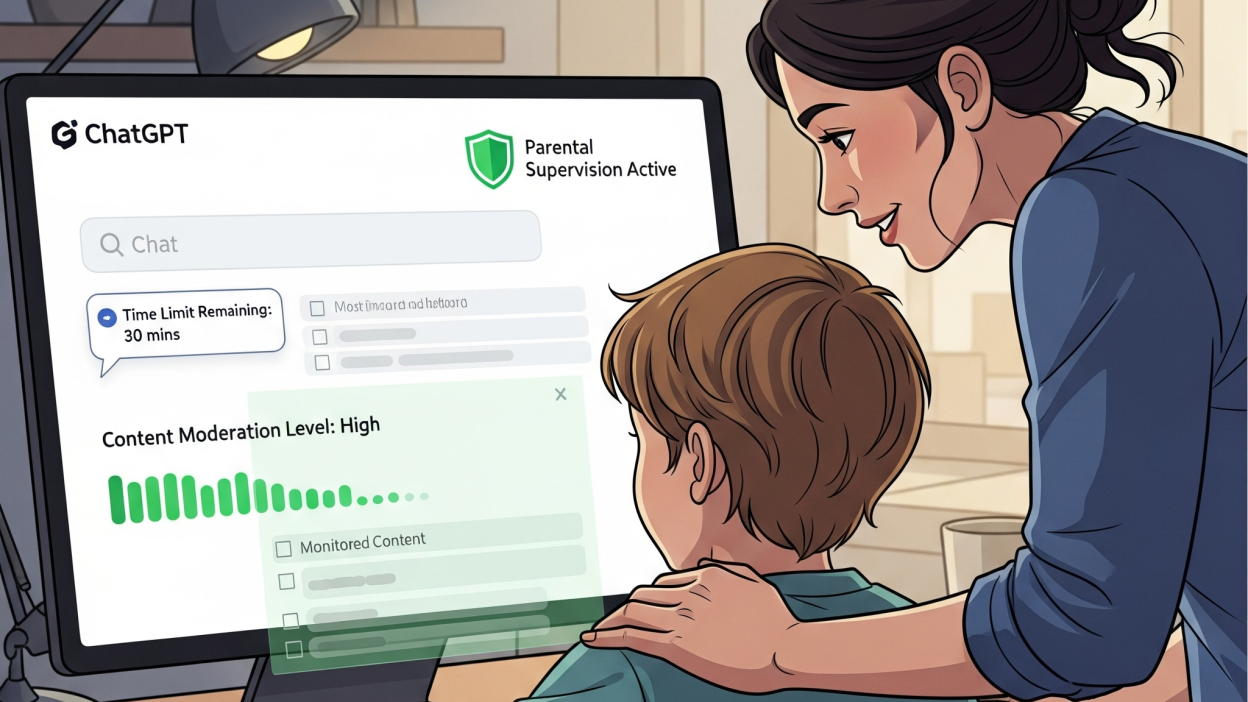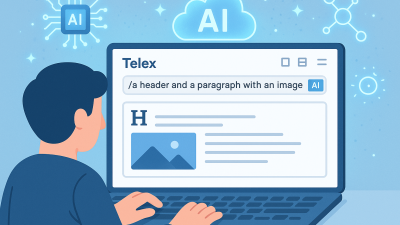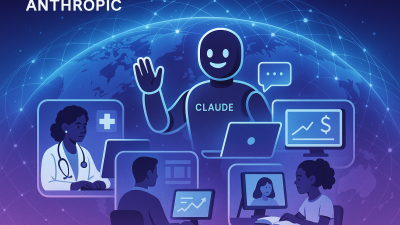OpenAI has announced that it will route sensitive conversations to its advanced AI model, GPT-5, and introduce new parental controls for its ChatGPT platform. These updates aim to better protect teens and vulnerable users from potential harm during interactions with the AI. This article delves into the details of these changes, their implications, and the broader context surrounding them.
The Need for Enhanced Safety Measures
Recent incidents have highlighted the potential risks associated with AI interactions, particularly for younger users. A tragic case involved a 16-year-old who died by suicide after interacting with ChatGPT, leading to a lawsuit against OpenAI. In response to such incidents, OpenAI recognized the need for more robust safety measures to protect users from harmful content and ensure responsible AI usage.
Routing Sensitive Conversations to GPT-5
To address concerns about AI’s handling of sensitive topics, OpenAI has decided to route sensitive conversations to GPT-5. This advanced model is designed with enhanced reasoning capabilities and improved safety features, making it better equipped to handle complex and delicate discussions. By leveraging GPT-5, OpenAI aims to provide more accurate and empathetic responses in situations involving mental health crises, emotional distress, or other sensitive matters.
Introduction of Parental Controls
In addition to upgrading its AI model, OpenAI is implementing new parental controls to give guardians more oversight over their children’s interactions with ChatGPT. These controls will allow parents to:
-
Monitor Usage: Track how often and for how long their children use the platform.
-
Set Boundaries: Define what topics or types of content are appropriate for their children.
-
Receive Alerts: Get notified if the AI detects signs of distress or harmful behavior in conversations.
These features are designed to empower parents to guide their children’s AI interactions and ensure they are engaging with the technology in a safe and responsible manner.
Implementation Timeline
OpenAI has stated that these updates will be rolled out in phases, with the routing of sensitive conversations to GPT-5 expected to be implemented by the end of 2025. The parental control features are also slated for release within the same timeframe. OpenAI has committed to prioritizing these changes to enhance user safety and address the concerns raised by recent incidents.
Broader Implications for AI Safety
The introduction of these safety measures by OpenAI reflects a growing recognition within the tech industry of the need to prioritize user well-being. As AI becomes increasingly integrated into daily life, companies are under pressure to implement safeguards that protect users from potential harm. OpenAI’s proactive approach sets a precedent for other AI developers to follow suit and consider the ethical implications of their technologies.
OpenAI’s decision to route sensitive conversations to GPT-5 and introduce new parental controls marks a significant step forward in ensuring the safety and well-being of users, particularly teens and vulnerable individuals. These updates demonstrate a commitment to responsible AI development and set a positive example for the industry. As AI continues to evolve, it is crucial that developers remain vigilant and prioritize user safety to foster trust and promote positive outcomes.



